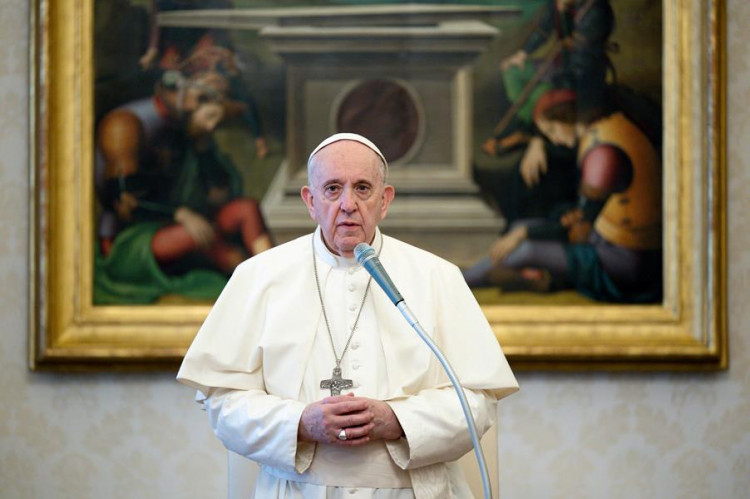Pope Francis' visit to Belgium took an unexpected turn when he was directly confronted by both King Philippe and Prime Minister Alexander De Croo over the Catholic Church's legacy of clerical sexual abuse. In a public address, the Belgian leaders called for the Church to go beyond words and take concrete action to address the abuse scandal that has deeply impacted the country.
De Croo, in a candid and forceful speech, urged the Church to focus on the victims, saying, "Words alone are not enough... victims need to be heard, they have a right to truth." He also added that the Church must fully acknowledge its past failings and not cover up any wrongdoing.
King Philippe echoed the prime minister's sentiments, noting that it had taken the Church "far too long" to address the abuses, and that there was still a significant journey ahead. The severity of their remarks underscored the deep wounds that the sexual abuse crisis has left in Belgium, where over 700 complaints of abuse have been made since 2012. Many of these cases remain unresolved, and the government has faced increasing pressure from the public and victims' groups for justice, reparations, and formal apologies.
Pope Francis responded by reiterating the Church's commitment to addressing the issue. "The Church must be ashamed and ask forgiveness," the pope said, acknowledging the gravity of the crisis. He added that the Church is implementing a global prevention program aimed at addressing abuse within its ranks. Despite his words, survivors' groups remain skeptical, urging for more than just public statements and seeking substantive reparations for victims, including financial compensation for the trauma endured.
Francis' visit comes at a time when the Church is under renewed scrutiny in Belgium due to both historical and ongoing scandals. Among the most notorious figures in Belgium's clerical abuse crisis is Roger Vangheluwe, the former bishop of Bruges, who admitted to abusing his nephew for over a decade. Though Vangheluwe resigned in 2010, it wasn't until earlier this year that Pope Francis officially defrocked him, a move seen by many as long overdue.
The abuse revelations in Belgium date back over two decades but gained international attention in 2010 when police conducted raids on Church offices and the home of then-recently retired Archbishop Godfried Danneels. The raids, aimed at uncovering evidence of abuse and cover-ups, were a dramatic turning point in the country's handling of the crisis. Though the investigation revealed over 500 victims, the true scale of the scandal is believed to be much larger.
In addition to addressing the abuse crisis, both the prime minister and king brought up another dark chapter in the Church's history-forced adoptions. Between World War II and the 1980s, many unmarried Belgian mothers were coerced by Church authorities into giving up their children for adoption. In many cases, the mothers never saw their babies again, and records of the adoptions were destroyed or lost, making it nearly impossible for those children to trace their biological families.
Francis expressed sorrow over this practice, calling it "the bitter fruit of wrongdoing and criminality." However, he also noted that such actions were, at the time, reflective of broader societal views. Despite this acknowledgment, survivors are demanding more than apologies. Many are calling for reparations and greater efforts by the Church to uncover the full extent of these adoptions.
As part of his trip, Pope Francis was expected to meet privately with a group of 15 survivors of sexual abuse later in the day, a gesture aimed at showing solidarity with the victims. However, the survivors and their advocates have been clear that what they seek are concrete actions, not just symbolic meetings. One survivor, Emmanuel Henckens, remarked that while the public statements were significant, what is needed now are "real, tangible efforts to compensate victims and ensure these crimes are never repeated."




